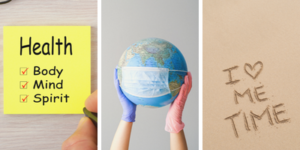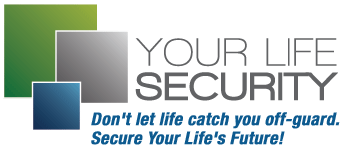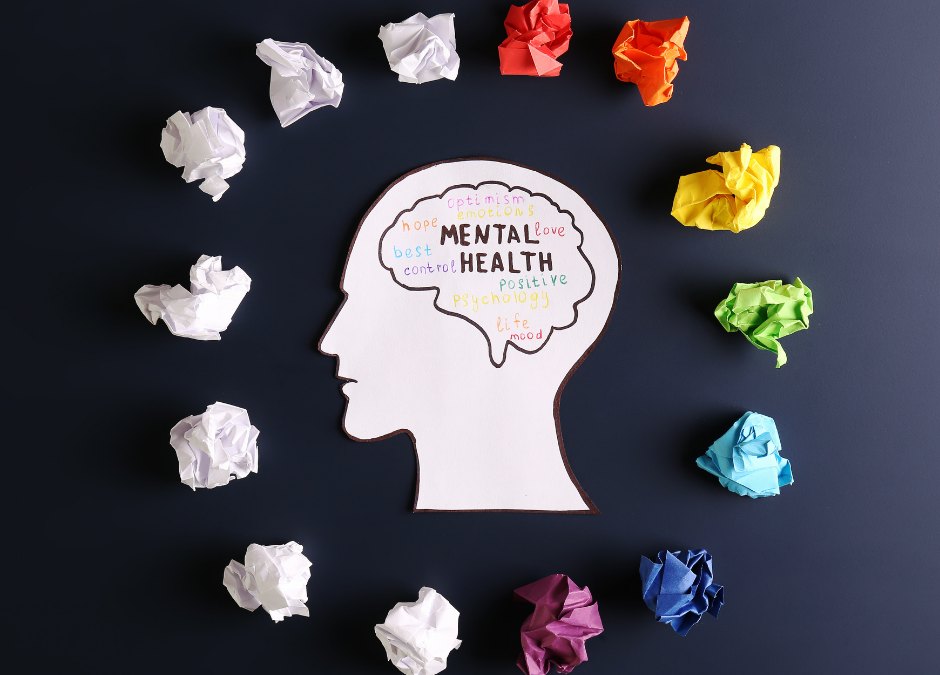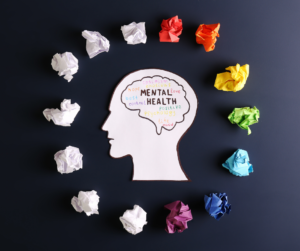How did the last two years impact you and all of those around you?
COVID, isolation, constant changes, and pivoting the unknowns over the last two year has changed life as we knew it. The results – it has abruptly derailed our society and the world. Fortunately, we have modern technology and the internet that allow remote connections with Zoom. And one valuable connection for me was a Founding Moms network of energetic, dynamic, and intelligent women professionals who are paving out new paths for their small businesses and organizations, making a positive difference in people’s lives.
Today, I want to introduce you to Jennifer Gawlik, a licensed psychotherapist, co-founder, and Clinical Director of The Centered Life, a women-owned psychotherapy private practice with locations in Naperville and Oak Park, IL. Jennifer believes that the human mind and body are uniquely resilient, capable of healing from life’s most challenging moments, and her practice specializes in helping you through grief, loss, and life transitions.
As a result of the COVID 19 pandemic and isolation for the last two years and global tensions and uncertainty, we are ALL confronted with unique life challenges that create undue stress, including coping skills.
Take a few minutes to read Jennifer Gawlik’s suggestion of 10 Ways to Combat COVID Fatigue and Emotional Burnout.
10 Ways to Combat COVID Fatigue and Emotional Burnout!
By Jennifer Gawlik
There is no doubt that COVID-19 has presented many challenges that have greatly affected our mental health. Specifically, unemployment as a result of the economic impact, transitioning from being in the office full-time to establishing a makeshift at-home office, screen fatigue, juggling child care and caretaking, and anxiety surrounding physical health, to name a few. Collectively, we have experienced a trauma that has significantly impacted overwhelming thoughts and emotions. As a therapist, I provide a safe space for my clients while they weather the storm. The current uncertainty, confusion, panic, anxiety, and depression have increased to all social levels.
Burnout comes in various forms: All you want to do is sleep. You’re feeling sluggish. Perhaps you find yourself short-tempered with family members, friends, or colleagues. Irritability has become your middle name. There doesn’t seem to be enough time in the day, ever. Or maybe you have too much time and are not sure what to do and how to do it. Your to-do list seems endless, and deadlines are approaching. Productivity is unusually low for you, and you’re feeling pretty negative about pretty much everything. Stress levels are at an all-time high. I think you are catching my drift.
As a clinical therapist, I can’t tell you how much I hear:
- “I feel like I have no time.”
- “I feel so stressed.”
- “I have so much to do; I don’t know where to begin.”
- “I’m so exhausted. My whole body hurts.”
- “I’m mentally drained.”
- “I feel completely overwhelmed.”
 Can you relate to any of this?
Right now, we are taking on so much. Taking care of ourselves seems to fall last on that to-do list, if at all. Here are my top tips to help you cope and prevent emotional burnout.
Can you relate to any of this?
Right now, we are taking on so much. Taking care of ourselves seems to fall last on that to-do list, if at all. Here are my top tips to help you cope and prevent emotional burnout.
- Implement a schedule. It doesn’t have to be a fancy planner; it can be something as simple as a whiteboard calendar that you hang in your kitchen. If you’re feeling up for it, try both. Keeping track of your daily routine, things that need to get done, and room for fun can be helpful and a stress releaser. Use visual aids as simple reminders for your “To Do” list!
- Time blocking. Time blocking is another helpful tool. I suggest using a calendar broken down hourly and using highlighters for different categories, such as work meetings, deadlines, networking events, activities with your children, date nights with your spouse, and time for yourself. Again, when you have visual aids, it is easier to remember what you have going on and incorporate it with your “To Do” list.
- Mind-Body Connection. Pay attention to your body. Are you often experiencing headaches? Are you feeling sore and achy? Your symptoms could be indicative that you are experiencing burnout. Stress affects us everywhere, including our bodies. Take this as an extra sign to take care of your body. Make time for a hot bath, relax on the couch with no distractions, get to bed earlier, disconnect from social media and electronics, meditate, etc. Your mind and body BOTH need it.
- Set boundaries. A common problem for most. My clients love it when I bring up the topic of boundaries. The solution is a learning curve, and the process never stops. We continuously set and maintain boundaries. Ask yourself whether you are finding yourself saying “yes”? I encourage you to think about saying “yes” to the people, events, and tasks that are essential. Prioritize wisely by saying “no” to any distractions that can contribute to losing focus anding to anxiety.
- Ask for help. There are so many thoughts and feelings attached to asking for help. It doesn’t always feel good. Practice makes better, not perfect. Practicing asking for help can do wonders and help you feel better. Are there tasks that you can delegate to a colleague or ask your spouse? Perhaps even your child(ren)? Reach out to those closest to you. Chances are they will be flattered that you trust them to take on a task for you.
- Limit contact with negative people. As the saying goes, misery loves company. Avoid getting sucked into the negativity train. Pay attention to how you feel and your thoughts when spending time with negative individuals. If you’re not feeling the greatest, it’s a pretty good indication that they aren’t the most healthy to be around. If they happen to be someone you work with, try to limit the amount of time you spend with them.
- Take time off. Allow yourself to take some time off to relax and recharge. The process of setting boundaries for yourself allows you time to relax, and reboot can aid you mentally refocus on your priorities.
- Seek professional help. Experiencing burnout can feel so overwhelming and isolating. Seeking out the assistance of a licensed professional can help you cope with what you are experiencing and how to manage your symptoms best. They can also help you identify stressors, increase your insight and awareness, and provide you with tools to manage stress better.
- Schedule “me time.” Provide yourself with the opportunity to schedule a time for yourself. Prioritizing that time is essential for your emotional well-being. Starting the day with setting intentions, taking time in the afternoon to meditate, practicing mindfulness, or scheduling a massage are some ways you can do this.
- Establish your emotional health toolbox. Take the time to ask yourself what you need to help to prevent future burnout. Who are your support systems in place? What makes you feel better? How does my body feel when I am feeling stressed? How do I know my mood has been affected? Is something/someone holding me back from my goals?
Checking in with yourself and how you are feeling can be a great start to help cope with burnout. Use these tips as a way to help create your plan!
Jennifer Gawlik is a licensed psychotherapist and the co-founder of The Centered Life, a women-owned psychotherapy private practice in Naperville and Oak Park, IL.
Jennifer works with adults to create hope for those who have lost a loved one, have experienced trauma, or are adjusting to life changes. She uses a collaborative insight-oriented approach to guide her clients in finding their inner strength to overcome their struggles.
Final comment: In your effort to reclaim, re-balance and combat COVID Fatigue, consider reviewing your family’s financial security, including your life insurance today, should you and your experience an expected life-change event. Contact us for an annual review of your Life insurance. It’s Your Life Security!

Eleonore Weber
Founder, Broker & Certified Long-Term Care Specialist:
Life Planning Solutions:
Health, Disability, Life, Long-Term Care & Medicare Insurance
YourLifeSecurity.com
I’m excited to announce that I’m looking forward to launching in mid-2022; it’s a valuable tool for anyone who wants to keep their loved ones informed in case of an emergency. It’s Your Family’s Essential Emergency Workbook: How to Get Everything Your Family Needs to Know in 30 Days or Less!
The workbook is designed with three essential sections on “Yourself,” Your Loved Ones,” and “Your Legacy.”
Plan for Certainty – It’s Your Life Security!
©Eleonore Weber, 2022 All Rights Reserved


